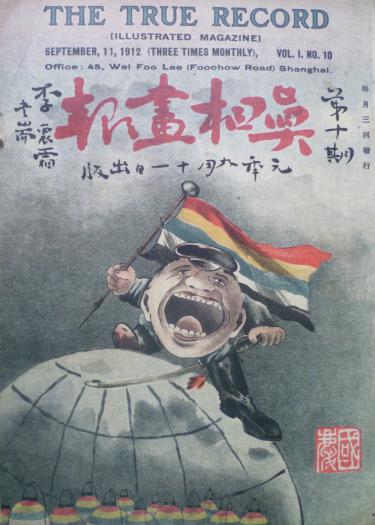Centre for Asian and Transcultural Studies Ethnofiction: A Rebirth Scenario for the Collapse of the Mar Menor, Spain
- Donnerstag, 9. Januar 2025, 14:30 - 16:00 Uhr
- Centre for Asian and Transcultural Studies (CATS), 010.01.05 (CATS Auditorium), Voßstraße 2, 69115 Heidelberg
- Dr Mafe Moscoso, BAU, College of Arts and Design Barcelona (Spain)
The questions that accompany Dr Moscoso's presentation aim to engage, using ethnofiction, two different cosmo-ontologies: one of her maternal lineage from Cotopaxi, province in Ecuador, and those of a group of scientists from Spain, related to the idea of the end of life. Following the collapse of the Mar Menor, she intends to explore a research methodology focused on experimentation: cuyr andean ethnofiction. The objective of her work is, on one hand, to develop a methodological reflection that will unfold during the writing process, focused on the act of decolonizing ethnofiction; and on the other hand, on the need to explore the fissures of Eurocentric binary scientific ontologies that separate life/death and nature/culture. Considering the violent colonial and fascist history, she brings together the idea that it is possible to open methodological thresholds of welcome and reception towards other ontologies and epistemologies, in this case, Andean ones, which are an opening to other worlds where the end of life is a restart.

Adresse
Centre for Asian and Transcultural Studies (CATS)
010.01.05 (CATS Auditorium)
Voßstraße 2
69115 HeidelbergVeranstalter
Veranstaltungstyp
Veranstaltungsreihe
Vortrag
Alle Termine der Veranstaltung 'Apocalypse Now. Time, Historicity and Worlds After'
Lecture Series
While periodization — the partition of time into segments with a specific beginning and end — is integral to historical method, it cannot be dissociated from a wider reflection on a key issue: the relation between emic time (time as perceived by historical actors) and etic time (time as established by the scholar’s historical narrative). The relation between emic and etic times is an essential methodological question within human, social, and even natural sciences. This lecture series looks at this this question through a particular lens: the “end of times” or “apocalypses.” How do historical actors perceive it? What happens to historiographical narratives when actors talk about the future as the “end” of time? How has such a vision of the future shaped narratives and periodization schemes?
By focusing on “ends of times” and “apocalypse”, the tensions between time, temporalities and time horizons are to be discussed, both methodologically and empirically, in specific contexts. The three main areas are: 1) political history — the history of revolutions; 2) religious history — the history of last judgements and revelations; and 3) natural history — the history of pandemics, cataclysms and disasters. The first block (political history) will discuss the link between revolution and the end of time, starting with revolutions at the turn of the eighteenth and nineteenth centuries, including the Russian and Chinese revolutions. The second block (religious history) will consider perceptions of the end of time within some of the main religions, considering different takes on apocalyptic revelations, universal floods, millenarianisms and messianic movements. Finally, the third block (natural history) will discuss natural disasters and epidemics, and will feature the controversies over geological eras (such as the Anthropocene) and collapsology.